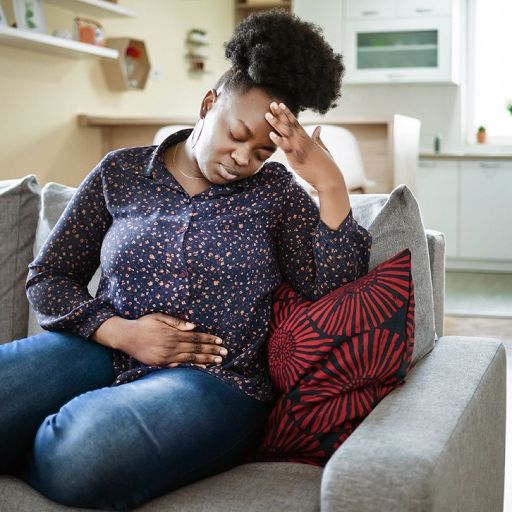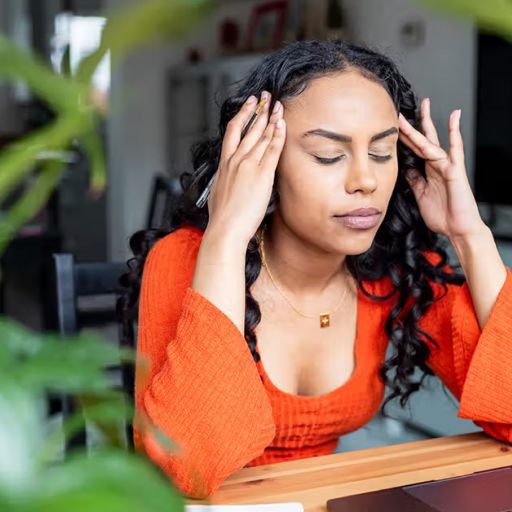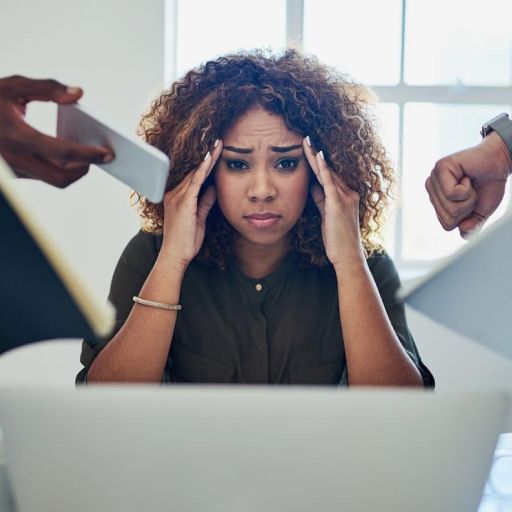Unveiling the Truth: Debunking Home Insurance Myths.
Weighing the Pros and Cons: Using a Personal Loan to Tackle Credit Card Debt.
What do you Know About Credit Scores!
Insuring Your Peace of Mind: An Overview of Common Types of Insurance.
What to do When Your Auto Insurance Claim is Denied?
About Balance Transfer Basics!
Depression is a disease that plagues at least 350 million people in the world. It also appears that women experience depressive symptoms more than men in some cases. Many factors influence how women respond to life's challenges, including genetics, physical health, and social factors.
Knowing about these factors is important in devising interventions against depressive conditions, especially in women. Let’s check out how depression affects women and what we can do to help them.
Understanding the difference between gender and sex
Before we begin the discussion, it is important to distinguish between sex and gender.
Sex is biological: genetics, sex organs, and sex hormones. People are allocated to male or female categories when they are born regarding their genitalia, but some are intersex. Gender is a person’s internal sense of self, such as being a woman, man, or nonbinary.
This article uses terms like "female," "male," "woman," and "man" to reflect their usage accurately.
Differences in female depression
Hormones have a big part to play in depression among women. Progesterone and estrogen can stir up emotional storms, making women more prone to depression. Genetics and hormones both go hand in hand when it comes to depression in women.
●Genetics: Some genes might make women more likely to face mood troubles. It’s like a genetic lottery where certain tickets increase the odds of depression. Genetics, hormones, and environment all throw their hats in the ring.
●Hormonal: Young women have a knack for feeling down more than young men during puberty. And guess what? This trend doesn’t fade away with age. It probably links to menstruation and female hormones taking the spotlight in this drama.

Symptoms of depression in women
Symptoms of depression in women can be categorized in two ways: physical symptoms and emotional symptoms.
Physical symptoms
There is some physical symptomology associated with depression. It may be primary in nature or secondary, which are unrelated to any other morbidity. These include:
●Increased appetite
●Persistent sleepiness, even though the individual has rested sufficiently
●Muscle pain, headache, and cramps
●Digestive problems
●Slowness in movement or speech, or feeling restless
●Fatigue
●Difficulty with memory or concentration
Emotional symptoms
Most, if not all, depressed women experience irrational feelings, especially emotional distress. Typically, these symptoms are rather persistent rather than ephemeral. These can include:
●Feelings of hopelessness, worthlessness, or guilt
●Irritability or restlessness
●Trouble making decisions
●Loss of interest in hobbies and activities
●Thoughts of suicide or self-harm
Causes and triggers of depression in women
Another way that depression can be triggered is through factors that are not exclusive to women. Such factors affect many women globally but aren't restricted to women alone.
●Menstruation: Depression can be linked to the menstrual cycle. Women with depression may have irregular cycles, and menstrual issues can increase the risk of depression.
●Premenstrual Dysphoric Disorder (PMDD): Women who have experienced extreme discomfort and depressive syndromes during the onset of their periods may have premenstrual dysphoric disorder.

PMDD symptoms
PMDD symptoms can overlap with major depression and other mental illnesses. However, the DSM-5 lists PMDD separately under “depressive disorders,” with symptoms including:
●Significantly depressed mood or self-critical thoughts
●Feelings of being "on edge"
●Persistent anger
●Reduced interest in usual activities
●Marked lack of energy
●Sleeplessness
●Sense of being out of control
Menopause
A 2021 study reported that 45% to 68% of menopausal women suffer from a syndrome called perimenopausal depression. This condition is characterized by acute mood disturbances.
Also, these groups of women may be a little more receptive to changes in the estrogen and progesterone fluctuations. Normal stress responses might also worsen menopause-related depressive symptoms.
Postpartum psychosis
Postpartum psychosis is no joke. It’s when a new mom starts acting delirious or sees things that aren’t there, and it can drive her to harm herself or her baby. This is a full-blown medical emergency.
Here’s a sobering fact: suicide is responsible for 20% of postpartum deaths, and every three days, there’s a reported case of depression-related infanticide (yes, it’s as grim as it sounds).
Genetics and Depression: Family history is like a bad omen for depression. If your relatives have struggled with it, you’re more likely to face it too.
Chronic Health Problems: Chronic health issues are like the sneaky sidekicks of depression.
HPA Axis: The HPA axis sounds like science fiction, but it’s just a complex system in your body that deals with stress.
Sexual Dysfunction: Low sexual desire often tags along with depression, but it can also be a cause.
Cancer and Depression: Getting a cancer diagnosis is a heavy hit. Women handle this differently from men, and this affects how depression shows up.
Aging and Depression: Aging with depression is like fast-forwarding your brain’s aging process.

Ways women can cope
Depression might feel normal, but it doesn’t have to be. Improving your mood can involve lifestyle changes or medical options. What works for one person might not work for another.
Trying different methods and working with a mental health professional can help find what works for you.
Non-Medication Tips:
●Feel Your Emotions: Instead of suppressing negative emotions, allow yourself to feel and observe them. Let your thoughts flow naturally.
●Eat for Mental Health: Depression can affect eating habits, leading to nutrient deficiencies. Choose nourishing foods to enhance physical and emotional health. This can also build confidence in making positive changes.
●Jot It Down: Write about your emotions and mood changes. Keeping a journal helps identify triggers and effective management strategies. Track your menstrual cycle to understand mood swings better.
●Get Some Sunshine: Spend at least 30 minutes outside in sunlight. Sunlight helps produce vitamin D, which can improve depression symptoms.
●Yoga: Practice yoga to control your mind and nervous system. It can help ease depression, anxiety, and stress.
●Massage: Massage therapy can alleviate depression symptoms such as pain, tension, and fatigue. It may also promote mindfulness and reduce triggers.
●Reach Out to Friends: Share your feelings with friends or family. Joining in-person or virtual peer groups can create a sense of community and support.
Understanding depression in women reveals the impact of hormones, genetics, and life events. With targeted coping strategies and professional support, women can manage and improve their mental health effectively.